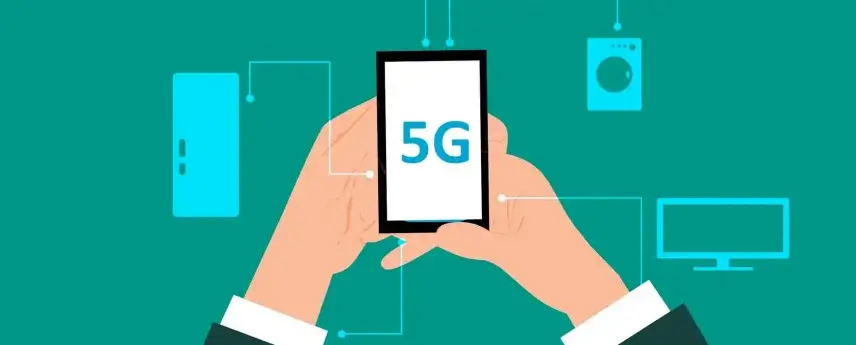What is 5G and how will it impact us?
 By Jonathan Owen
By Jonathan Owen Marketing Manager
Published
28th June 2019
Last modified 20th June 2023
Last modified 20th June 2023
loveit? shareit!

The 5G network has finally launched in the UK. It has been welcomed with excitement and appreciation of its speed together with a bit of disappointment with its current coverage and concerns about its impact on health. Therefore, we wanted to see what the real advantages and disadvantages of 5G are.
5G is currently available in 6 cities: Belfast, Birmingham, Cardiff, Edinburgh, London and Manchester and EE is the only 5G service provider in the UK at the moment. Vodafone, O2 and Three are planning to launch the service later this year.
Even though the coverage of the network is not that great yet, in certain locations 5G proved to be even ten times faster than 4G network. To give you an idea, in some parts of London, people were able to download entire episodes of Netflix shows in just seconds. Amazing, isn’t it?
If you like to watch TV shows and movies online, there is nothing more annoying when the show keeps buffering. With 5G, the waiting for content to buffer will be history. It is forecasted that download speeds could reach 1Gbps which means that full 4K movies will download in a matter of minutes.
But speed is not the only benefit of 5G. The network will be able to connect every device that can receive a radio signal. It means that, for example, cars will be able to communicate with other cars, drones, traffic lights and road sensors. This could significantly decrease the number of car accidents and annoying traffic jams.
The biggest concern is the coverage of the network. While it has been introduced in only 6 cities of the UK, the coverage there isn’t particularly great. If you might think that going to a city with 5G means having it everywhere – you are wrong. According to Cnet large parts of the center of the town in Manchester weren’t even covered by 5G (Even the city’s main station!!). It might take some walking around and testing to do to get the speed everyone’s been talking about, and let’s be honest, no one really wants to do that. In other 5G-covered cities London and Cardiff, 5G speed was sometimes beaten by 4G.
Another concern brought up quite a lot recently is the network’s impact on our health. According to Cnet, Belgium Government halted a 5G test in Brussels over concerns that radiation from the 5G base stations could be harmful. The Netherlands and Switzerland are also taking extra steps to monitor 5G’s impact on people. The root of these doubts is the fact that many more 5G network cell towers have to be deployed much closer to where people live than it was for other networks and that the high-frequency spectrum therefore could cause health problems. The phone industry claims that the network is not harmful, but the debate on this continues. Since the network is just recently introduced many tests must be carried out to actually see whether the 5G network poses any health risks to people.
So, if you are a loyal Three, O2 or Vodafone customer you would have to wait until a bit later this year. There are some phones available with 5G service – One Plus 7 Pro 5G, Samsung Galaxy S10 5G, Oppo Reno 5G and LG V50 ThinQ. However, if you want to try the 5G network, the wisest thing to do now would be to wait a bit. The reason for that is the patchy coverage and a limited choice of phones supporting the network. If you are very impatient and can’t wait, make sure that you live in a 5G covered area in the before-mentioned 6 cities and have a smartphone supporting 5G.